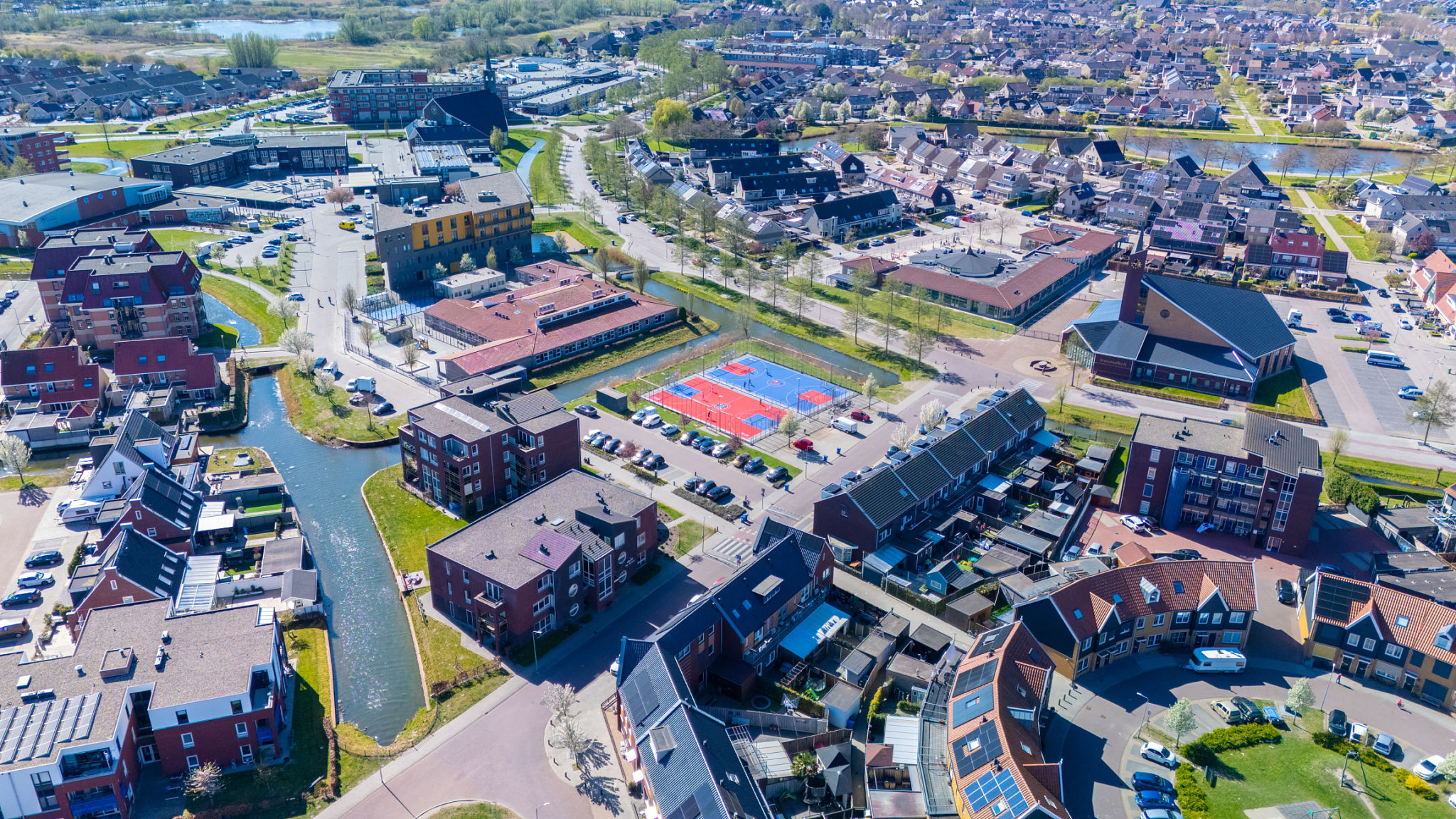How to Increase Tenant Satisfaction with Effective Property Management
Understanding Tenant Needs
To increase tenant satisfaction, property managers must first understand the unique needs and expectations of their tenants. This involves maintaining open lines of communication and actively seeking feedback. By understanding the concerns and desires of tenants, property managers can tailor their services to enhance the living experience.
A proactive approach to understanding tenant needs can lead to higher satisfaction levels. Consider conducting regular surveys or hosting community meetings to gather valuable insights. This information can guide improvements and demonstrate that management values tenant opinions.

Responsive Maintenance Services
One of the most significant factors affecting tenant satisfaction is the responsiveness of maintenance services. Tenants appreciate timely repairs and maintenance, as it directly impacts their quality of living. Property managers should have a robust system in place to address maintenance requests quickly and efficiently.
Implementing a digital maintenance request system can streamline the process, ensuring that issues are logged and addressed promptly. Regular maintenance checks can also prevent minor issues from becoming significant problems, enhancing the overall living experience for tenants.

Enhancing Community Amenities
Community amenities play a crucial role in tenant satisfaction. Well-maintained amenities such as gyms, swimming pools, and communal areas can significantly enhance the attractiveness of a property. Property managers should regularly assess the condition and relevance of these amenities to ensure they meet tenant expectations.
Consider upgrading or adding new amenities based on tenant feedback. Offering modern, useful amenities can not only satisfy current tenants but also attract new ones, contributing to higher occupancy rates.

Improving Communication Channels
Effective communication is essential in property management. Tenants need to feel they can easily reach management with questions or concerns. Establishing multiple communication channels, such as email, phone, and dedicated online portals, ensures tenants have accessible ways to communicate.
Additionally, regular updates about property developments, upcoming maintenance, or community events help keep tenants informed and engaged. Transparent and consistent communication fosters trust and builds a strong tenant-manager relationship.
Implementing Tenant Engagement Programs
Engaging tenants through community programs and events can significantly boost satisfaction. Organizing social events like BBQs, movie nights, or holiday celebrations helps build a sense of community among tenants. These events also provide an opportunity for management to interact with tenants in a relaxed setting.
Encouraging tenant involvement in community decisions or improvement projects can further enhance engagement. When tenants feel like they are an integral part of the community, their satisfaction and loyalty naturally increase.

Offering Flexible Lease Options
Finally, offering flexible lease options can cater to diverse tenant needs. Providing short-term leases or customizable terms can appeal to a broader range of potential tenants. Flexibility in leasing terms demonstrates a willingness to accommodate various lifestyles and situations.
By addressing the specific needs of tenants through flexible leasing, property managers can reduce turnover rates and increase tenant satisfaction. Happy tenants are more likely to renew leases and recommend the property to others.
